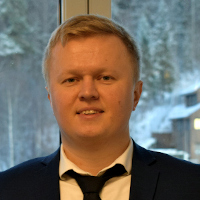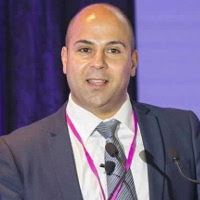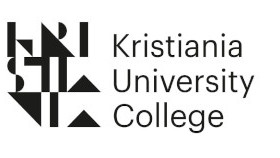Program of the Workshop 2022
Date: 17.12.2022
|
Time (GMT +9) |
Time (CET) |
Title of the talk |
Presenter/Author |
|
09:00-09:05 |
01:00-01:05 |
Opening Remarks and Welcome |
Andrii Shalaginov |
|
09:05-09:45 |
01:05-01:45 |
Cybersecurity in Europe - A police research perspective: S4ALLCITIES and CC-DRIVER projects |
Keynote speaker: José L. Diego , Valencia Local Police, Spain |
|
09:45-10:10 |
01:45-02:10 |
S09202: On the Potential of Using ERP Business and System Data for Fraud Detection |
Jonas Schnepf, Paula Vetter, Tarik Temel, Bernd Scheuermann, and Lars Schmidt-Thieme |
|
10:10-10:35 |
02:10-02:35 |
S09203: Evaluating Anti-Virus Effectiveness in Linux |
Giuseppe Raffa, Daniele Sgandurra, and Daniel O'Keeffe |
|
10:35-11:00 |
02:35-03:00 |
S09204: DBNex: Deep Belief Network and Explainable AI based Financial Fraud Detection |
Abhimanyu Bhowmik, Madhushree Sannigrahi, Deepraj Chowdhury, Ashutosh Dhar Dwivedi, and Raghava Rao Mukkamala |
|
11:00-11:15 |
03:00-03:15 |
Coffee Break |
|
|
11:15-11:40 |
03:15-03:40 |
S09207: Investigating User Information and Social Media Features in Cyberbullying Detection |
Jiabao Qiu, Nihar Hegde, Melody Moh, and Teng-Sheng Moh |
|
11:40-12:05 |
03:40-04:05 |
S09209: Threat Miner - A Text Analysis Engine for Threat Identification Using Dark Web Data |
Nathan Deguara, Junaid Arshad, Anum Paracha, and Muhammad Ajmal Azad |
|
12:05-12:30 |
04:05-04:30 |
S09210: Secure Application of Artificial Intelligence Applications for Anti-Money Laundering using Confidential Computing |
Richard Searle, Prabhanjan Gururaj, Anubhav Gupta, and Kiran Kannur |
|
12:30-14:00 |
04:30-06:00 |
Lunch |
|
|
14:00-14:25 |
06:00-06:25 |
S09211: Artificial Intelligence Enabled Middleware for Distributed Cyberattacks Detection in IoT-based Smart Environments |
Guru Prasad Bhandari, Andreas Lyth, Andrii Shalaginov, and Tor-Morten Grønli |
|
14:25-14:50 |
06:25-06:50 |
S09212: Cyber Security of Electric Vehicle Charging Infrastructure: Open Issues and Recommendations |
Inna Skarga-Bandurova, Igor Kotsiuba, and Tetiana Biloborodova |
|
14:50-15:15 |
06:50-07:15 |
BigD384: Forensic Analysis of Amazon Alexa Echo Dot 4th Generation |
Damilola Oladimeji and Bing Zhou |
|
15:15-15:20 |
07:15-07:20 |
Closing Remarks |
Andrii Shalaginov |







